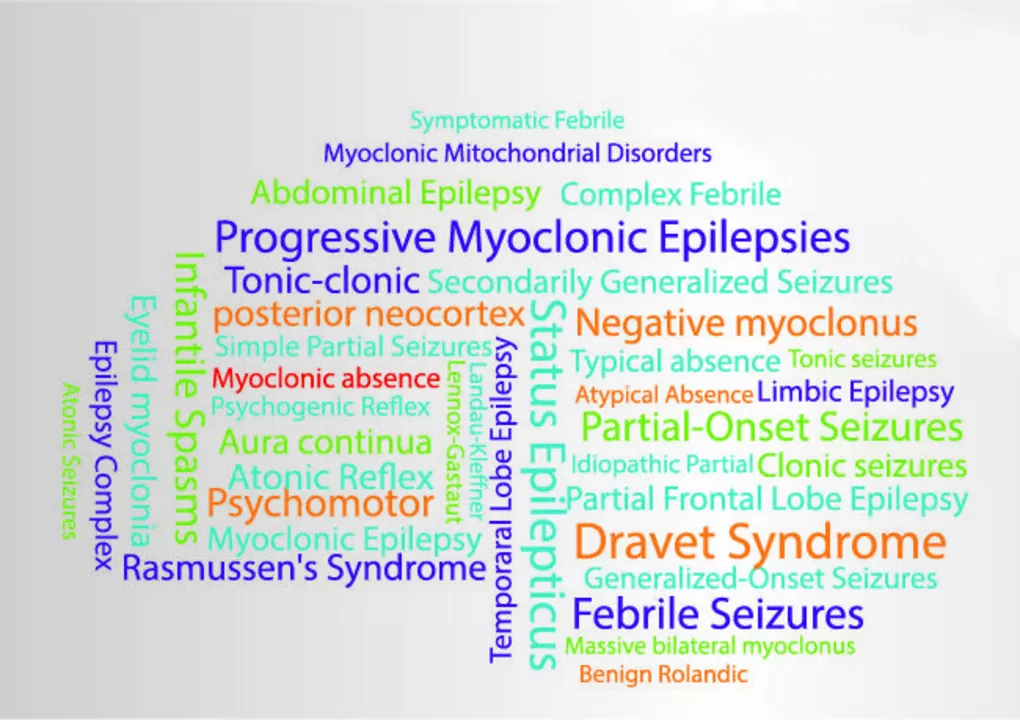Understanding Partial Onset Seizures and Their Effects
Before diving into the impact of partial onset seizures on quality of life, it is essential to have a basic understanding of what they are and how they manifest. Partial onset seizures, also known as focal seizures, originate in a specific region of the brain and can result in various symptoms depending on the affected area. These symptoms might include involuntary movements, changes in emotions or consciousness, and even hallucinations.
In this article, we will explore how partial onset seizures can significantly impact an individual's quality of life, including aspects such as emotional well-being, cognitive function, and social interactions.
Emotional Well-being: The Invisible Burden of Partial Onset Seizures
One of the most significant ways that partial onset seizures can affect an individual's quality of life is through their impact on emotional well-being. The unpredictable nature of seizures can lead to feelings of anxiety, depression, and even fear. Many people with epilepsy report living in constant anticipation of their next seizure, causing a significant amount of stress.
Additionally, the stigma associated with epilepsy can lead to feelings of isolation, embarrassment, and self-esteem issues. It is not uncommon for individuals with epilepsy to withdraw from social situations and relationships, further exacerbating their emotional struggles. In this section, we will discuss strategies for managing and improving emotional well-being in the face of partial onset seizures.
Cognitive Function: Navigating Memory and Concentration Challenges
Partial onset seizures can also have a significant impact on cognitive function, including memory, attention, and problem-solving abilities. These cognitive challenges can lead to difficulties in school or work settings, as well as in daily life. For example, an individual with partial onset seizures may struggle with remembering important information or concentrating on tasks.
Fortunately, there are various strategies and resources available to help individuals with epilepsy manage cognitive challenges. In this section, we will explore some of these strategies, such as using memory aids, implementing cognitive remediation techniques, and seeking appropriate accommodations in academic or work settings.
Fostering Strong Social Connections and Support Systems
As mentioned earlier, individuals with partial onset seizures often face social challenges due to the stigma and misunderstandings surrounding epilepsy. As a result, it is crucial for individuals with epilepsy to maintain strong social connections and support systems to help them navigate these challenges and maintain a good quality of life.
In this section, we will discuss the importance of building and maintaining a strong support system, including friends, family, and healthcare providers. We will also explore opportunities for connecting with others who share similar experiences, such as through support groups and online forums.
Finding Balance: Strategies for Managing Partial Onset Seizures and Daily Life
Living with partial onset seizures can undoubtedly be challenging, but it is essential to find balance and continue to enjoy daily life. In this section, we will explore various strategies for managing seizures and their impact on quality of life, such as adhering to a treatment plan, managing stress, and maintaining a healthy lifestyle.
We will also discuss the importance of setting realistic goals and expectations, as well as the value of open communication with loved ones and healthcare providers. By implementing these strategies, individuals with partial onset seizures can work towards improving their quality of life and overall well-being.
Advancements in Treatment and Care: Hope for a Better Future
Finally, it is important to acknowledge the ongoing advancements in epilepsy research, treatment, and care. These advancements offer hope for a better future for individuals living with partial onset seizures. In this section, we will discuss some of the latest developments in epilepsy treatment, such as new medications, surgical options, and neuromodulation devices.
By staying informed about these advancements and working closely with healthcare providers, individuals with partial onset seizures can continue to improve their quality of life and look forward to a brighter future.


Write a comment